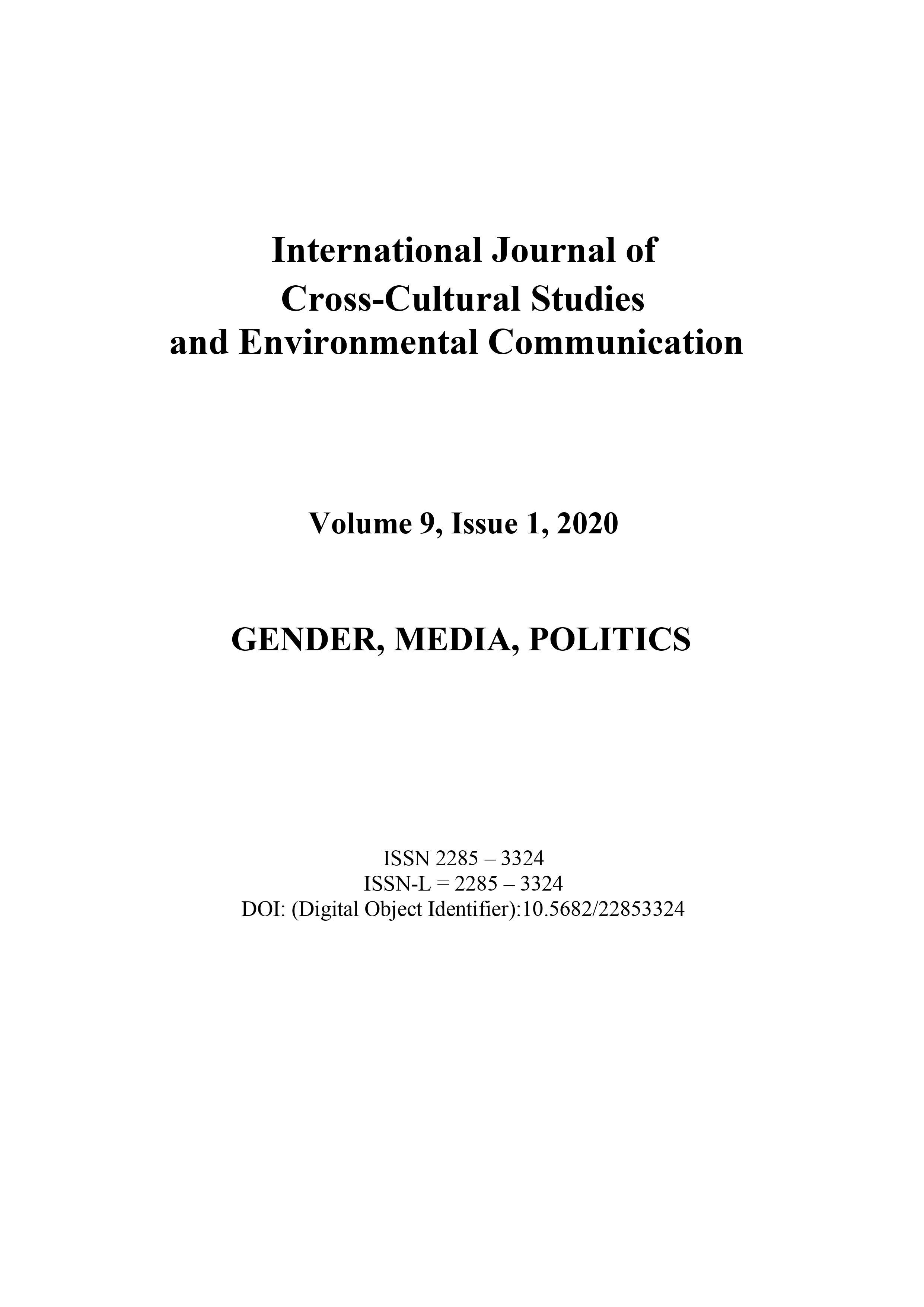The Relevance of Dramatic Models of Individual-Mass Conflict for Understanding Contagion in
21st Century Societies
The Relevance of Dramatic Models of Individual-Mass Conflict for Understanding Contagion in
21st Century Societies
Author(s): Claudiu GogaSubject(s): Theatre, Dance, Performing Arts, Fine Arts / Performing Arts, Sociology of Art
Published by: Editura Universitară & ADI Publication
Keywords: individual; mass; collective behavior; mass man; theater of the absurd; dramatic action; dramatic conflict;
Summary/Abstract: This article aims to discuss how the individual-mass relationship takes the form of a dramatic conflict in three important plays of the universal drama: "The Rhinoceros" by Eugene Ionesco, "An Enemy of the People" by Arthur Miller and "The Visit of the Old Lady” by Friedrich Dürrenmatt. I broached this question during the “Mass Trilogy”, a staging project that I developed between 2011-2016. The difficult question of treating / and representing the masses as the main character in each of these plays required a good understanding of the phenomena of contagion and resistance, given the extent of social contagion in our societies of the 21st century. The theoretical framework of my study is provided mainly by the psychological theory of the masses of Gustave le Bon and the cultural criticism of Ortega Y Gasset and Elias Canetti. The results of the comparative analysis applied at different levels during the staging process support the relevance of dramatic models of individual-mass conflict as a cognitive framework for understanding the confusing realities that shape our lives and societies in the 21st century.
Journal: International Journal of Cross-Cultural Studies and Environmental Communication
- Issue Year: 9/2020
- Issue No: 1
- Page Range: 84-95
- Page Count: 12
- Language: English

